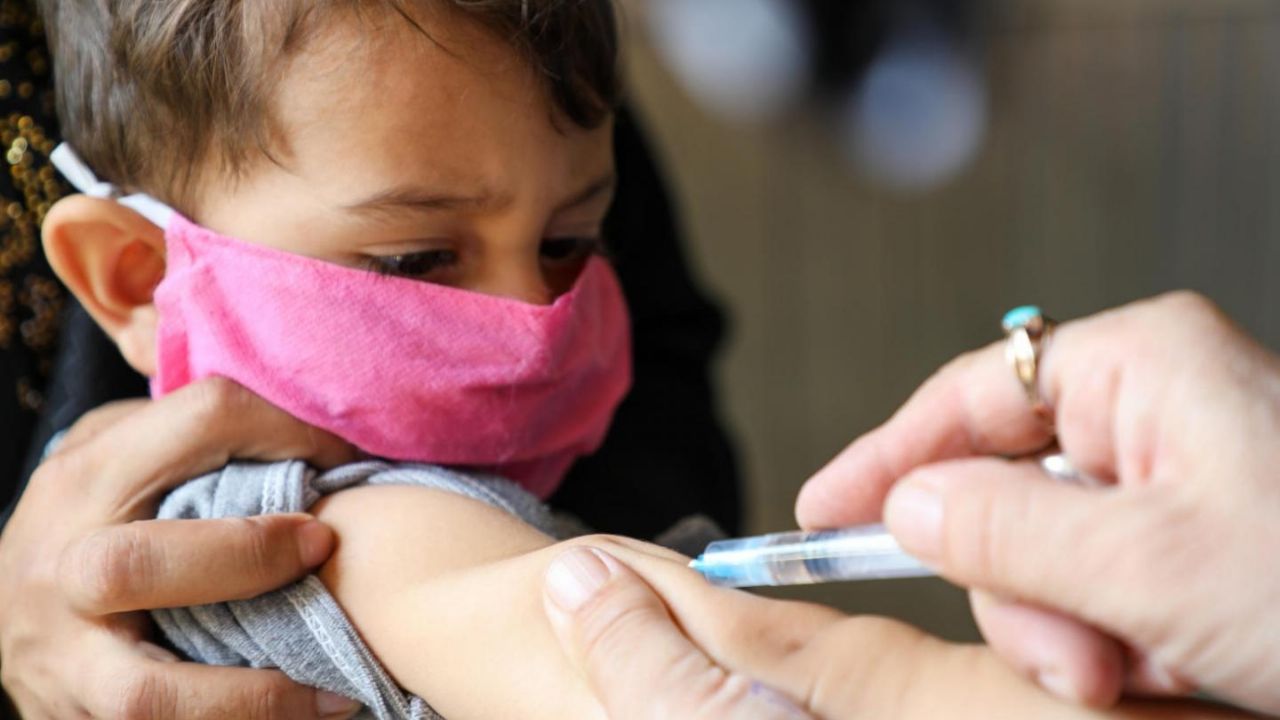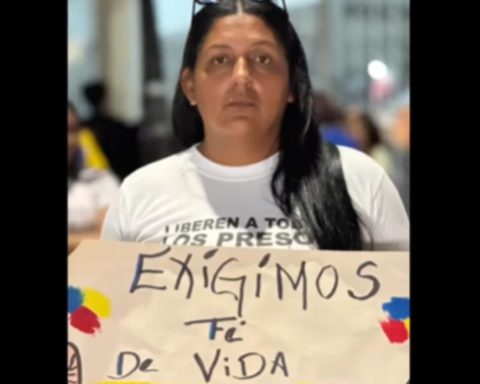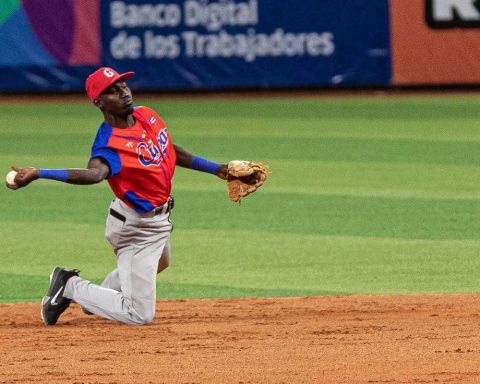Carla Vizzotti, Minister of Health of the Nation, spoke about the vaccination period that occurs every four years as an addition to the application scheme of vaccines. This first of October begins a national vaccination day against mumps, measles, rubella and polio.
Vizzoti explained why a vaccine against these viruses: “As time passes between the children who were not vaccinated and those who did not have an adequate immune response, susceptibles accumulate and when a number like the one we have today is reached, which reaches or exceeds the number of live births per year, there is considered to be a high risk of having an outbreak.
In Argentina there would be at least 713 boys and girls susceptible to the named viruses and polio who need a vaccine. Juan Manuel Castelli, Undersecretary of Health Strategy of the Ministry of Health, dedicated several sentences referring to vaccination and its importance at this time when four years have passed since the last great vaccination campaign against the three viruses mentioned and polio.
In the words of Castelli: “The specific objective of the campaign is to achieve coverage of more than 95% for the dose of the triple viral vaccine.” To which he added: “What is aimed at is that this coverage is homogeneous, we do not want there to be one (a municipality) with a coverage of 99 percent and another with 70 and they are averaged.”

Argentina in the world
Argentina always maintained the measles elimination status despite the important coronavirus outbreak that we had from the beginning of 2019 to the first quarter of 2020.
Despite the fact that children have been free of wild poliovirus circulation since 1984 and that since 2000 there have been no endemic cases of measles or congenital rubella since 2009, “there are some situations that must be considered,” according to Castelli.

He recalled: “There is a risk of permanent reintroduction of these viruses, as they continue to circulate in the rest of the world. There were outbreaks of measles in Brazil, United States, Asian countries and Europe. In fact, in the Region of the Americas, Brazil and Venezuela lost their measles-free status.”


















